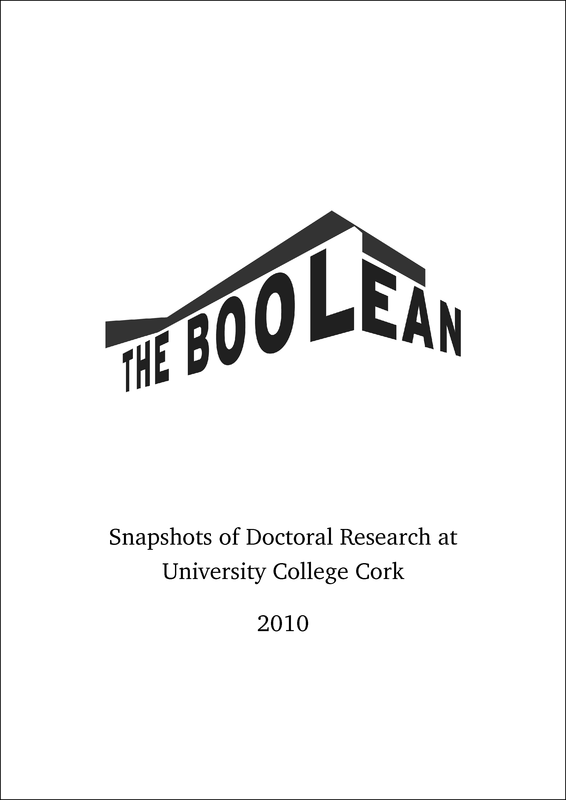An overview of a study on patients’ experiences of bowel symptoms and symptom management strategies following surgery for rectal cancer
DOI:
https://doi.org/10.33178/boolean.2010.19Abstract
Colo-rectal cancer is reported as the second most common cancer among both males and females in Ireland with approximately 2,700 patients diagnosed annually. There has been a dramatic improvement in colo-rectal cancer survival over the last 15 years with approximately 50% of patients now expected to survive this cancer in Ireland National Cancer Registry (2009). Earlier diagnosis lends toward more effective and less invasive surgical treatments such as anal sphincter saving surgery. Sphincter saving surgery is now viewed as an advance over the traditional approach involving abdominal perineal surgery which typically leaves patients with a permanent colostomy for life. Sphincter saving surgery preserves the anal sphincter and therefore a permanent colostomy can be avoided. A colostomy is a surgical procedure in which a stoma (or opening) is formed by bringing the end of the large intestine or colon through an incision in the abdominal wall and suturing it into place. ...References
Published
2022-12-06
Issue
Section
Articles
License
Copyright (c) 2010 the author(s)

This work is licensed under a Creative Commons Attribution-NonCommercial-NoDerivatives 4.0 International License.



